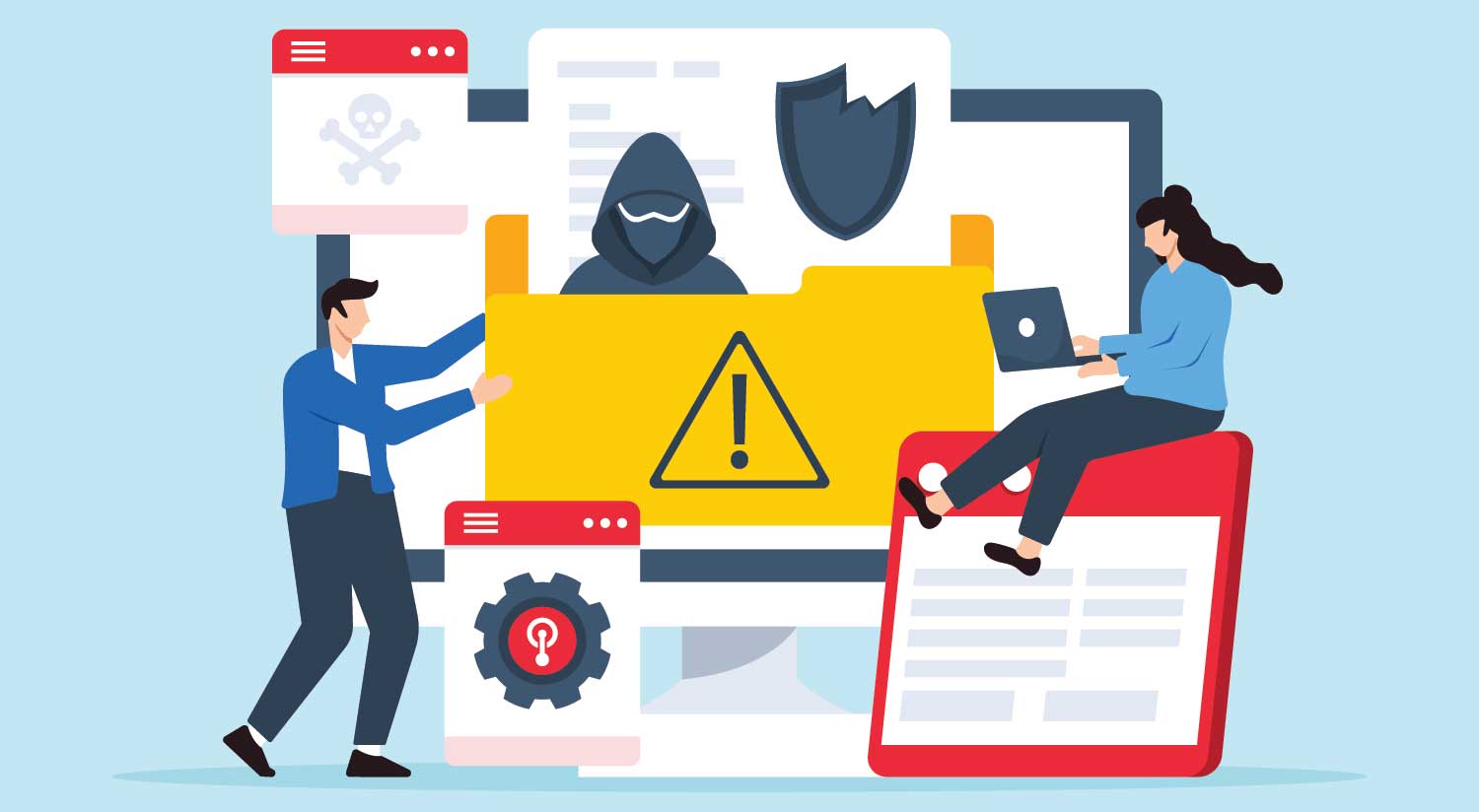Why Municipalities Should Prioritize Cybersecurity in 2025
As municipalities continue to modernize and digitize their services, they are becoming prime targets for cyber threats. From ransomware attacks to data breaches, the risks are growing—and so is the financial and operational damage. According to the 2023 State of Ransomware Report, over 70% of local government agencies experienced a cyberattack in the past year, with recovery costs often exceeding $1 million.
With cybercriminals targeting municipal networks, prioritizing cybersecurity in 2025 is no longer optional—it’s a necessity. To safeguard public infrastructure, protect sensitive citizen data, and ensure the continuity of essential services, local governments must take immediate action.
The Rising Cybersecurity Threat to Municipalities
Municipal governments oversee critical infrastructure, including water treatment plants, emergency response systems, and public transportation. These systems are increasingly connected to the internet, making them vulnerable to cyber threats such as:
- Ransomware Attacks: Malicious actors lock municipal systems and demand payment, often disrupting emergency services, police databases, and utility management.
- Data Breaches: Attackers exploit weak security measures to steal sensitive resident data, exposing citizens to identity theft and fraud.
- Infrastructure Sabotage: Public works and power grids are at risk of cyber intrusions that could cause large-scale outages.
Municipalities Are Falling Behind
Many municipalities operate with outdated technology and limited cybersecurity measures, making them prime targets for cyberattacks. These local governments often use legacy systems that lack modern security features, rely on unpatched software, and have minimal network monitoring. Without proper investment in cybersecurity, they face frequent system outages, data breaches, and prolonged downtime in essential public services such as emergency response, utilities, and transportation. Additionally, municipalities without incident response plans struggle to recover quickly from attacks, leading to financial loss and erosion of public trust.

Steps Municipalities Should Take Now
Municipalities don’t have to be easy targets. By implementing a multi-layered cybersecurity approach, local governments can significantly reduce their risk. Here are key strategies:
1. Adopt a Zero-Trust Security Model
Instead of assuming internal networks are safe, municipalities should require continuous identity verification for users and devices. Enforcing Multi-Factor Authentication (MFA) and least privilege access policies helps prevent unauthorized access.
2. Upgrade Legacy IT Systems
Many municipalities operate on outdated technology, making them vulnerable to cyber threats. Transitioning to cloud-based solutions with modern security controls strengthens resilience against attacks.
3. Develop an Incident Response Plan
Following NIST security incident response best practices ensures that municipalities have a structured plan for detecting, containing, and recovering from cyber threats. This includes:
- Establishing a dedicated response team.
- Conducting regular cybersecurity drills.
- Testing and refining response protocols.
4. Educate and Train Municipal Employees
Phishing remains one of the most effective attack methods. Regular cybersecurity awareness training helps government employees recognize and respond to threats effectively.
5. Partner with a Managed Security Service Provider (MSSP)
Many municipalities lack the in-house expertise to manage cybersecurity effectively. A Managed Security Service Provider (MSSP) offers:
- 24/7 threat monitoring to detect and respond to cyber threats in real-time.
- Security compliance support to align with NIST cybersecurity frameworks.
- Strategic risk assessments to identify and mitigate vulnerabilities before an attack occurs.
The Cost of Inaction
Municipalities that fail to prioritize cybersecurity face severe consequences, including:
- Financial loss – Recovery costs from ransomware attacks often exceed $1 million.
- Service disruptions – Attacks can cripple emergency services, water supply, and public safety operations.
- Public trust erosion – Citizens lose confidence in government institutions when their personal data is compromised.
Take Action Now with Louisville Geek
Cyber threats aren’t slowing down, and municipalities can’t afford to wait. Louisville Geek is a trusted Managed IT Services Provider that helps local governments develop and implement NIST security incident response strategies, upgrade outdated systems, and strengthen overall cybersecurity.
Let’s strategize together to protect your municipality from cyber threats in 2025 and beyond. Contact us today to get started!



